Lab Director
Adela C. Timmons, Ph.D.
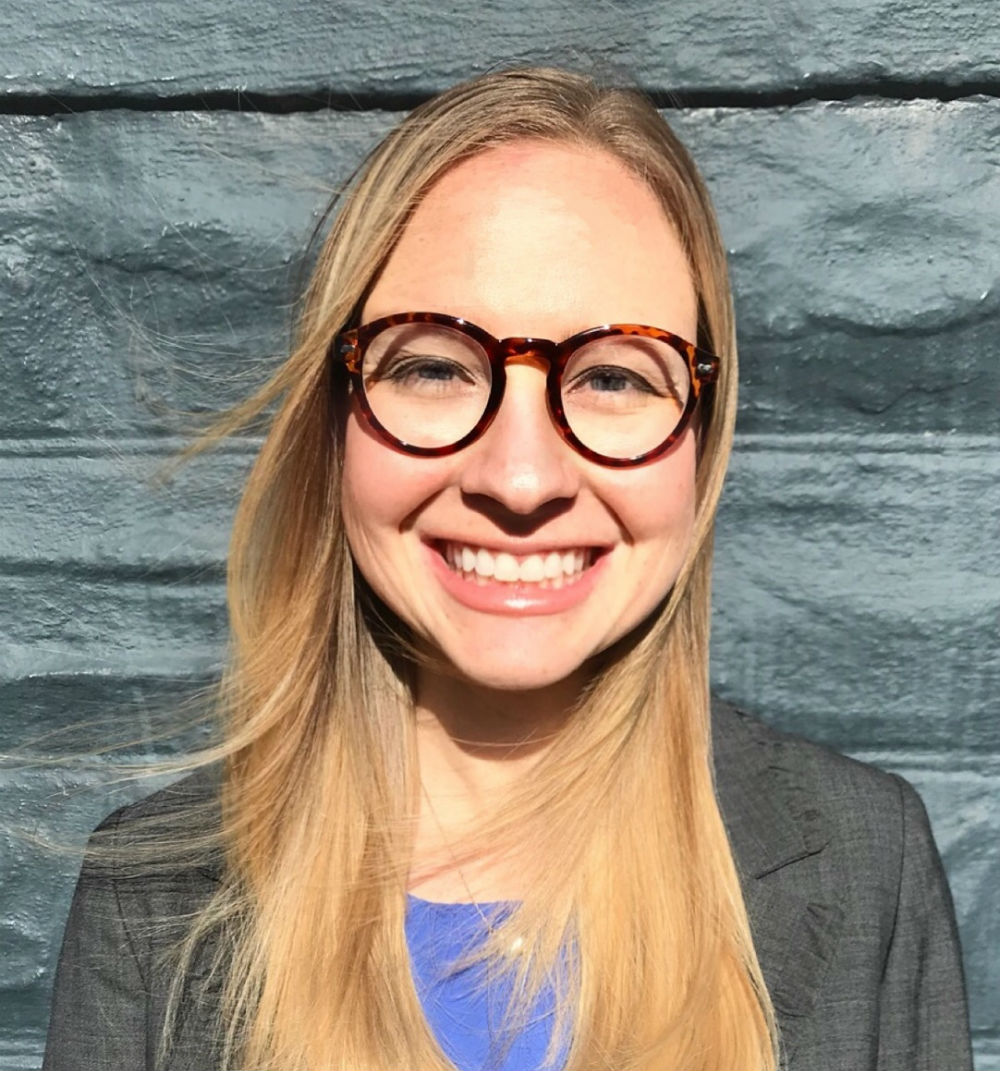
Assistant Professor of Clinical Science and Quantitative Psychology
Clinical Science in Child and Adolescent Psychology Program
University of Texas at Austin College of Liberal Arts
Ph.D., Clinical Science and Quantitative Psychology, University of Southern California
M.A., Clinical Science and Quantitative Psychology, University of Southern California
B.A., Psychology; Minor, Quantitative Psychology; University of Kansas
Dr. Adela Timmons is the director of the Technological Interventions for Ecological Systems (TIES) Lab. Dr. Timmons’ research examines how childhood stress, trauma, and adversity become biologically embedded and impact stress reactivity and emotion regulation capacity in the context of interpersonal relationships. She is particularly interested in coregulation processes, or how people in interpersonal relationships share in their moment-to-moment physiological and emotional states. To conduct her research, she uses both laboratory-based and ambulatory assessment methods to capture relationship dynamics as they naturalistically unfold. She is also interested in the development of new technologies and measures for automatically and passively capturing and quantifying interpersonal functioning in real-life contexts. She is currently developing just-in-time adaptive mobile health interventions using machine learning and wearables, with the goal of improving mental health for children, couples, and families. Her research is interdisciplinary, spanning clinical science, quantitative psychology, and engineering domains.
Dr. Timmons received a combined Ph.D. in Clinical Science and Quantitative Psychology from the University of Southern California in 2018 and completed her predoctoral internship in Clinical Psychology at the University of California, San Francisco in 2018. She obtained a combined M.A. in Clinical Science and Quantitative Psychology from the University of Southern California in 2013 and graduated summa cum laude with a B.A. in Psychology and a minor in Behavioral Sciences Research Methodology from the University of Kansas in 2011. She joined the faculty at Florida International University as an Assistant Professor of Clinical Science and Quantitative Psychology in 2018. In 2022, she joined the faculty of the University of Texas at Austin and teaches an undergraduate course on Childhood Trauma and Adversity. She has published over 30 peer-reviewed journal articles, book chapters, and conference proceedings in psychology and engineering outlets and has received multiple national awards and fellowships, including the National Science Foundation Graduate Research Fellowship, the American Psychological Association Dissertation Award, the American Psychological Association of Graduate Students Basic Psychological Science Grant, and the American Psychological Association of Graduate Students Junior Scientist Fellowship. She holds two pending patents for inventions relating to mobile health machine learning applications for couple and family therapy. Her work has been featured in various press outlets, including BBC, NBC, Yahoo News, CNET, and TechCrunch. Visit our research page to learn more about Dr. Timmons' work.
Dr. Timmons is also the founder and CEO of Colliga, a startup company funded through an NIMH STTR grant that uses technology, AI, and pervasive computing to build research tools for promoting wellness.
Doctoral Students
Jacky Duong, M.S.
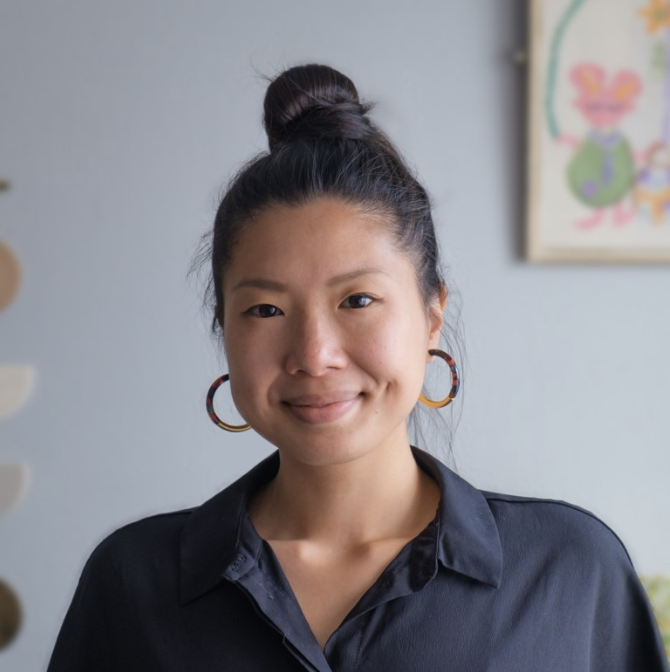
Jacqueline Duong is a fifth-year clinical doctoral student. She obtained an M.A. in Psychology from San Diego State University and a B.A. in Sociology from the University of California, Berkeley. Her research interests involve 1) conducting disparities-focused digital health implementation research through equitable algorithm development and 2) identifying protective factors that promote families’ socioemotional competence in the face of adversity and psychological distress
Alyssa Carrasco, B.A.
.jpg)
Alyssa Carrasco is a first year clinical doctoral student at the University of Texas at Austin, where she also earned her B.A. in Psychology. Her research interests focus on understanding how socio-cultural factors and contextual stressors shape parent-child functioning within marginalized communities. She is passionate about creating culturally responsive interventions that support family well-being and foster resilience.
Grace Jumonville, B.A.

Grace is currently a second-year doctoral student at UT Austin, where she also received her BA in Psychology. Grace is interested in studying various aspects of familial and romantic relationship dynamics. She is particularly interested in the process of co-regulation, which is a mutual, interactive process where individuals support each other in managing and regulating emotions, thoughts, and behaviors.
Kayla Carta, M.A.
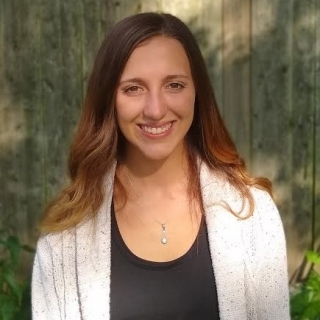
Kayla is currently a fourth-year clinical doctoral student at UT Austin. She received her BA from Keene State College and an MA in Psychology from UT Austin. Before her doctoral studies, she was a research coordinator at Johns Hopkins University and Stanford University. Her prior work involved studying neuropsychiatric drug development with a precision medicine approach and the investigation of the neurobiological basis of childhood depression and mood disorders.
Her research centers on understanding family dynamics, specifically focusing on family stress and parent-child interactions. She is passionate about investigating stress spillover within families and is dedicated to developing innovative interventions. Leveraging her interest in technology, she aims to integrate cutting-edge machine learning and data science methodologies to enhance family well-being and alleviate the burdens of stress in everyday life.
Sierra Walters, M.A.
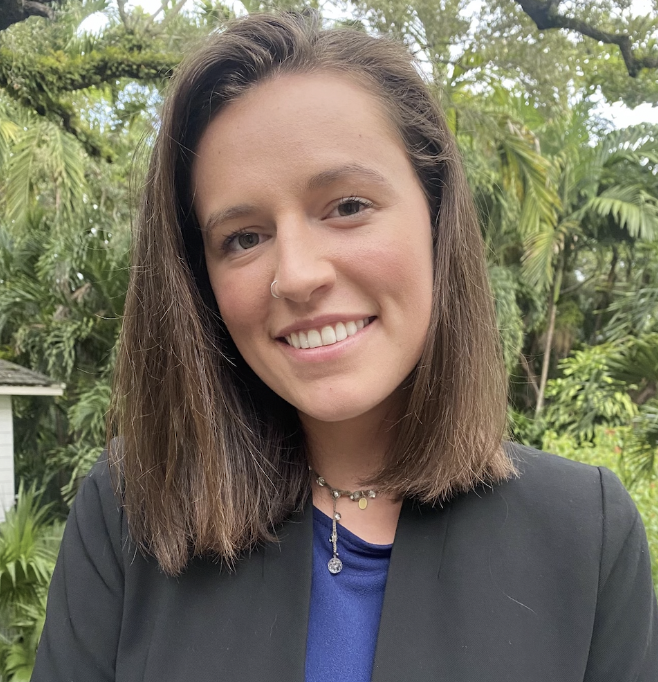
Sierra Walters is a fourth-year clinical doctoral student at UT Austin. She received her B.S. in Psychology and Kinesiology & Health Sciences at the College of William & Mary. Sierra is interested in studying the impact of family relationships on child well-being, such as the effects of family stress and caregiver-child conflict on child development outcomes. She is also interested in utilizing data science, artificial intelligence, and mobile technology to develop innovative methodologies for conducting psychological research.
Lab Managers
Ishita Khurd, M.S.
.jpg)
Ishita Khurd earned a B.S. in Psychology with a minor in Social and Behavioral Sciences from the University of Texas in 2023 and completed her M.S. in Psychology with a concentration in Experimental Psychology from the University of Texas at San Antonio in the summer of 2025. She plans to apply to Ph.D. programs in Clinical Psychology in 2027. Ishita’s research interests include examining the long-term neurobiological effects of childhood and adolescent trauma and developing mindfulness- and meditation-based interventions for PTSD. In her free time, she likes to spend time with her two cats or sew!
Daniela Romero, M.A.

Daniela Romero is a current project coordinator. Originally from Colombia, Daniela holds a master’s degree in Psychological Research. She hopes to pursue a PhD in social psychology. Daniela’s research interests include trauma, resilience, and mindfulness, particularly in children and adolescents.
Collaborators
Dr. Jonathan S. Comer, Ph.D.

Dr. Jonathan Comer is the Director of the Mental Health Interventions and Technology (MINT) Program and is also a professor of Psychology and Psychiatry at Florida International University. Dr. Comer received his B.A. from the University of Rochester, and went on to receive his M.A. and Ph.D. in Clinical Psychology with a Concentration in Developmental Psychopathology from Temple University. His research examines child psychopathology and youth mental health care, placing central emphasis on the nature and family-based treatment of pediatric anxiety disorders, irritability, disruptive behavior problems, and traumatic stress.
Theodora Chaspari, Ph.D.
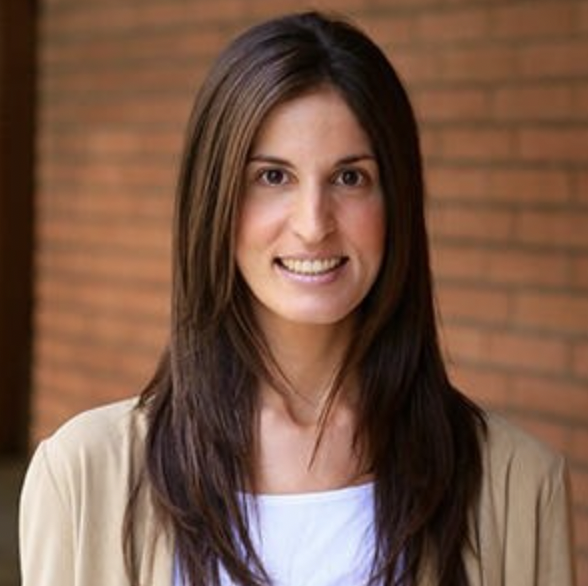
Dr. Theodora Chaspari is an Assistant Professor of Computer Science and Engineering at Texas A&M University. She graduated from the National Technical University of Athens in 2010 with a degree in Electrical and Computer Engineering and received her M.S. and Ph.D. in EE from the University of Southern California in 2012 and 2017, respectively. Her research interests include Biomedical Signal Processing, Behavioral Signal processing, Affective Computing, Wearable Applications, Data Science, and Machine Learning.
Matthew Ahle
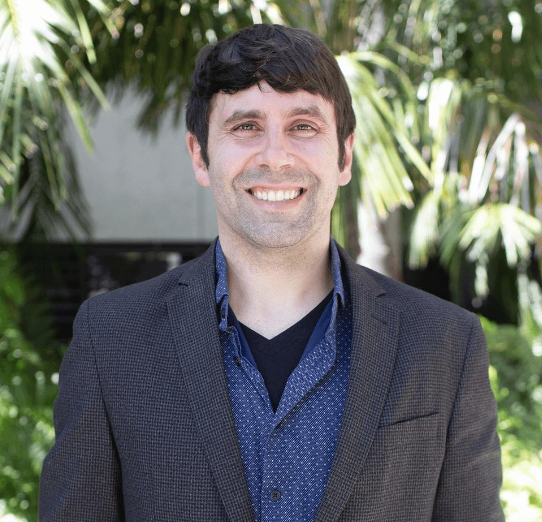
Matthew Ahle is a software developer and data scientist specializing in integrating data science algorithms with web and mobile applications. He has developed research applications for data collection on projects applying machine learning processes to ambulatory big data. He is the Vice President and Chief Technology Officer (CTO) of the Colliga Apps corporation and oversees the technical development of Colliga Apps AI-based software.
Kleanthis Avramidis
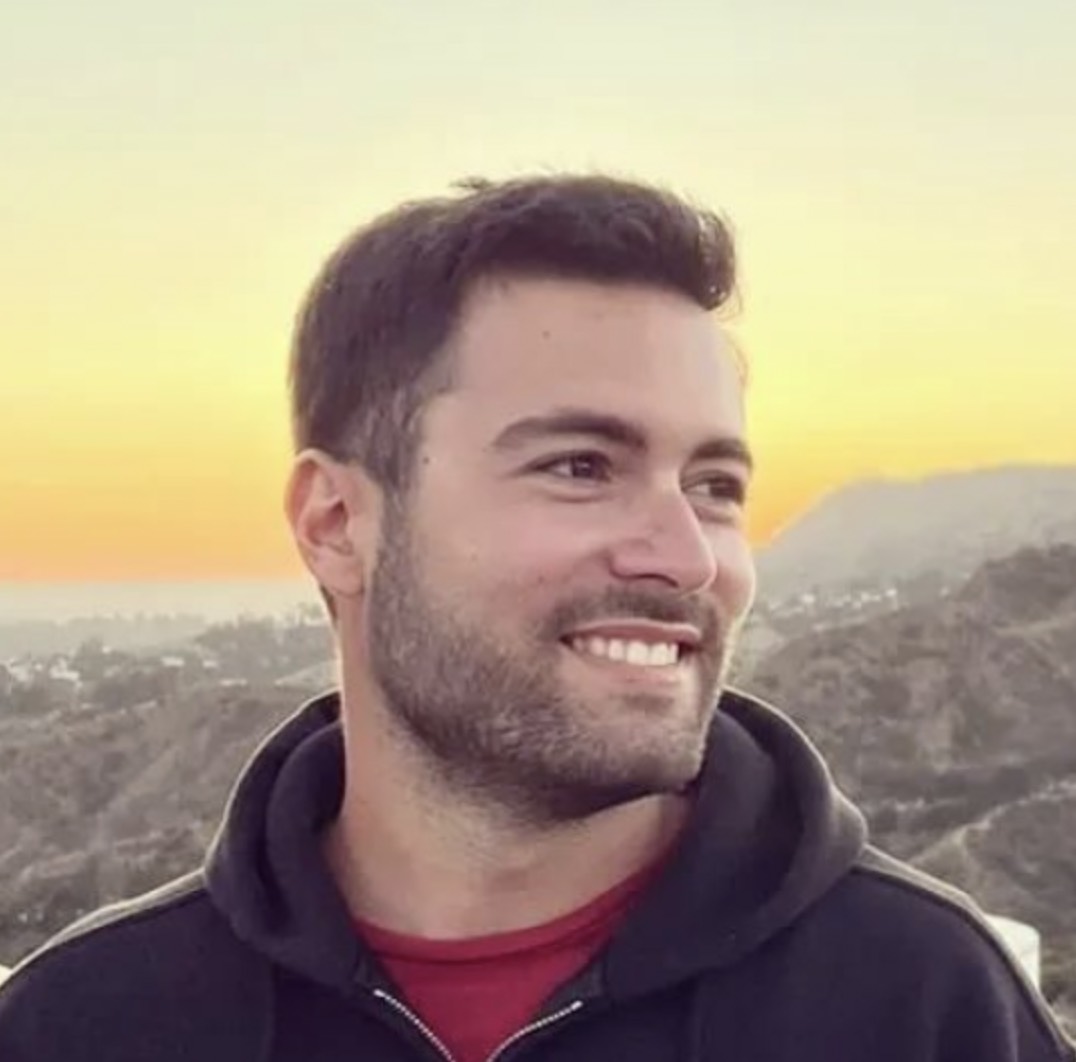
Kleanthis Avramidis, originally from Athens, Greece, is a PhD Student in Computer Science at the University of Southern California. He is advised by Proffesor Shrikanth Narayanan and his interests lie in the broad fields of Human-centered Signal Processing and Machine Intelligence. More specifically, he is currently working on computational models of behavioral, physiological and affective aspects of human experiences.
Abdullah Aman Tutul

Abdullah Aman is pursuing his PhD in Computer Science at Texas A&M University. He completed his undergraduate studies in Computer Science and Engineering Department from Bangladesh University of Engineering and Technology in 2019. His research interests include artificial intelligence, explainable machine learning, deep learning, and data analytics. He is also interested in the trust factors of machine learning models.
Kexin Feng
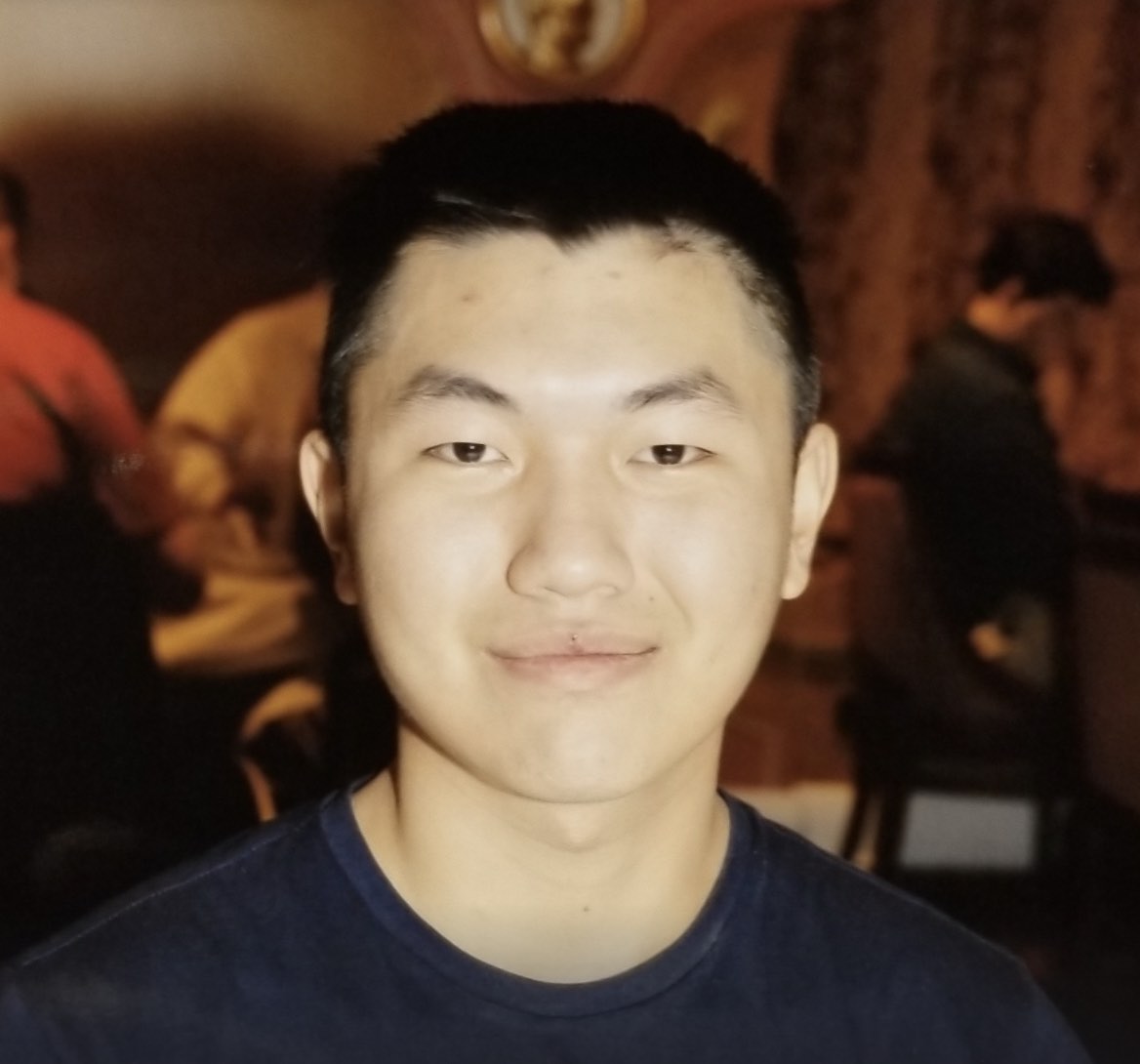
Kexin Feng received his B.S. degree in computer science from Texas A&M University in 2020. He is currently a Ph.D. student working with Professor Theodora Chaspari in Human Bio-Behavioral Signals (HUBBS) Lab at Texas A&M. He is a student member of IEEE and IEEE Signal Processing Society. His research includes the transfer or few-shot learning methods in general emotion recognition, and the application of machine learning in real-world mental health (stress or depression) evaluation.
Gabrielle Freitag

Gabrielle Freitag is a doctoral student in the Clinical Science Ph.D. program at Florida International University. Gabrielle completed her B.A. degree in Psychology with a minor in Child Development at Vanderbilt University. Following graduation, she pursued a two-year post-baccalaureate Intramural Research Training Award fellowship at the National Institute of Mental Health (NIMH) in the Section on Development and Affective Neuroscience under the mentorship of Daniel Pine, MD. Her research works to elucidate transdiagnostic mechanisms underlying clinical heterogeneity and comorbidity in order to refine the assessment of youth psychopathology and ultimately inform the identification of effective targets for personalized intervention.

